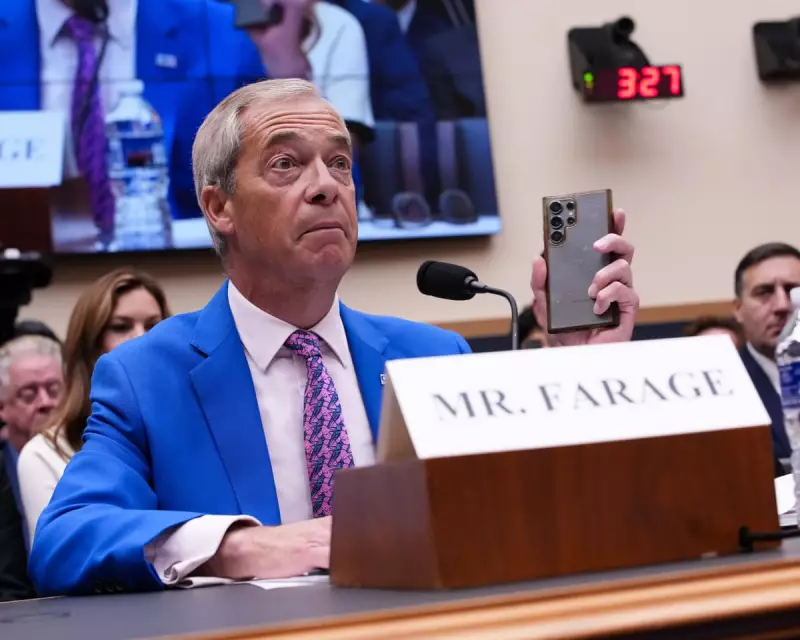
In a move that has sent shockwaves through Westminster, Nigel Farage and his Reform UK party have unveiled a so-called 'Free Speech Bill'. But a closer examination reveals a deeply alarming agenda, one that appears to be a direct import from Donald Trump's American political playbook, designed to sow division rather than foster genuine debate.
The Americanisation of British Political Discourse
This proposed legislation, far from being a benign protection of liberty, is being framed by critics as a deliberate weaponisation of free speech. The parallels to tactics used by Trump and his allies are striking. It seeks to exploit a fundamental principle of democracy—open dialogue—and twist it into a tool for political combat, potentially silencing opposition and undermining vital institutions under the guise of defending liberty.
More Than Just Words: The Chilling Implications
The implications of such a bill extend far beyond the halls of Parliament. Legal experts and human rights advocates are sounding the alarm, warning of a potential chilling effect across British society:
- Erosion of Legal Balances: The bill threatens to dismantle the careful balance between free expression and protections against hatred and discrimination, potentially legitimising hate speech.
- Targeting Institutions: Universities, public bodies, and the media could find themselves under increased pressure, unable to curb harmful rhetoric without facing accusations of 'censorship'.
- Social Division: By prioritising absolute speech over social harmony, the policy risks deepening the very cultural fractures it claims to want to heal, mirroring the divisive politics that have characterised the Trump era.
A Strategic Power Grab Disguised as Principle
Analysts suggest that Farage's true objective may not be philosophical but profoundly strategic. By championing this cause, he positions himself as a martyr against a supposedly 'woke' establishment, a narrative perfectly tailored to energise his base and attract media attention. This tactic is straight out of the populist handbook, creating a contentious battle that dominates headlines and drowns out complex policy debates.
This approach raises a critical question: is this a sincere stand for a fundamental right, or a cynical ploy to replicate the Trumpian model of politics in the UK, where perpetual conflict serves as a engine for mobilising supporters and securing power?
The Guardian's Stern Warning
The proposal is a dangerous gambit. It presents a false choice between protecting free speech and safeguarding citizens from harm. The UK already possesses robust legal frameworks that defend freedom of expression while prohibiting hate speech. This new bill risks dismantling those protections, opening the door to the kind of unregulated, toxic discourse that has polluted political life elsewhere.
Ultimately, this is not merely a policy debate; it is a battle for the soul of British democracy. The nation must decide whether it will follow the path of American-style polarisation or uphold a tradition that values both liberty and collective responsibility. The stakes for the nation's social fabric and democratic health could not be higher.





